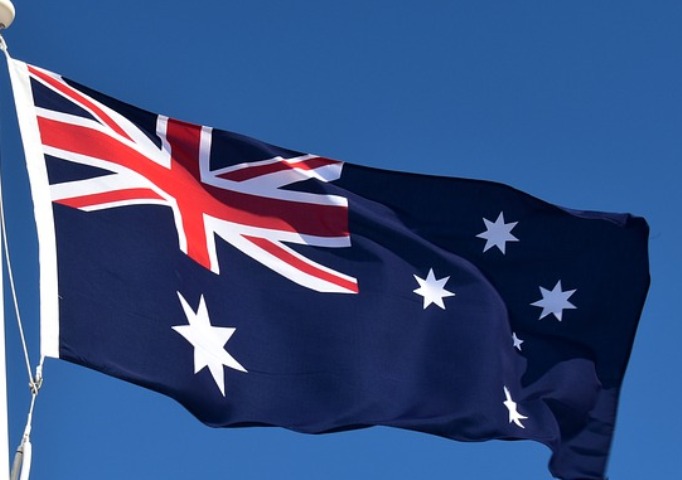Australia ratifies Trans-Pacific Partnership agreement
"Australia is the sixth country to ratify the agreement, meaning it can now enter into force on 30 December this year," said Morrison.

- Country:
- Australia
A massive trans-Pacific trade deal will enter into force this year, after Australia's ratification, Wednesday cleared a key hurdle for the pact to be enacted.
Hours before an administrative deadline, Prime Minister Scott Morrison announced that his government had ratified the 11-country agreement.
The so-called Trans-Pacific Partnership (TPP) has had a difficult birth and had appeared to be floundering when President Donald Trump withdrew US participation.
But frantic behind-the-scenes, Japanese-led diplomacy kept a slimmed-down version of the pact alive among the remaining members -- in the hope that Washington will have a change of heart or government and will eventually join.
Even without the participation of the world's largest economy, the deal has been described as a gamechanger.
It covers many rapidly growing economies that makeup around 14 per cent of world trade and was designed as a way of counterbalancing China's might-is-right approach to commerce in the Asia-Pacific region.
As well binding countries into a tougher legal framework for trade, lowering tariffs and opening markets, the pact will also introduce new labour standards and force some governments to introduce competition in sectors long dominated by insiders and political cronies.
"Australia is the sixth country to ratify the agreement, meaning it can now enter into force on 30 December this year," said Morrison.
Canada, Japan, Mexico, New Zealand and Singapore have already signed off on the agreement, meaning more than half of the members have ratified.
(With inputs from agencies.)
- READ MORE ON:
- Donald Trump
- Asia-Pacific Economic Cooperation
- Scott Morrison
- Government of Australia
- Governor-General of Australia
- Prime Minister of Australia
- Deputy Prime Minister of Australia
- Australia
- Target Australia
- Guardian Australia
- South Australia
- New Zealand
- New Zealanders
- New Zealand dollar
- Air New Zealand
- United States Secretary of State
- United States Department of State
- state treasurer
- Secretary of state
- Trans-Pacific Partnership










